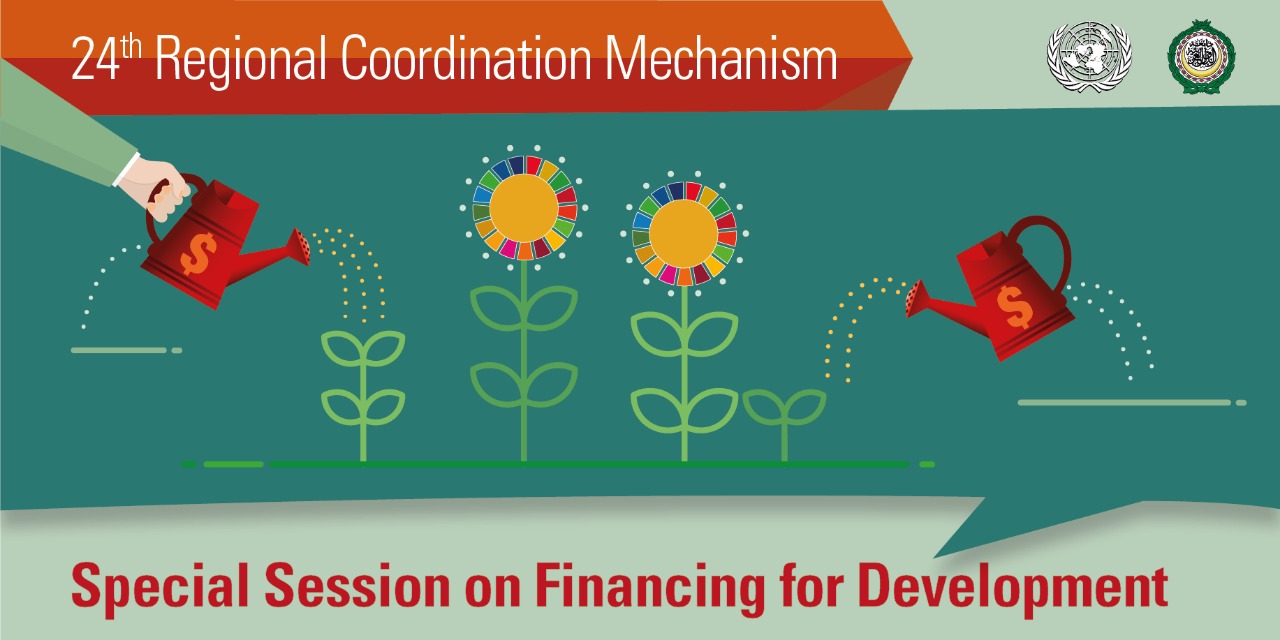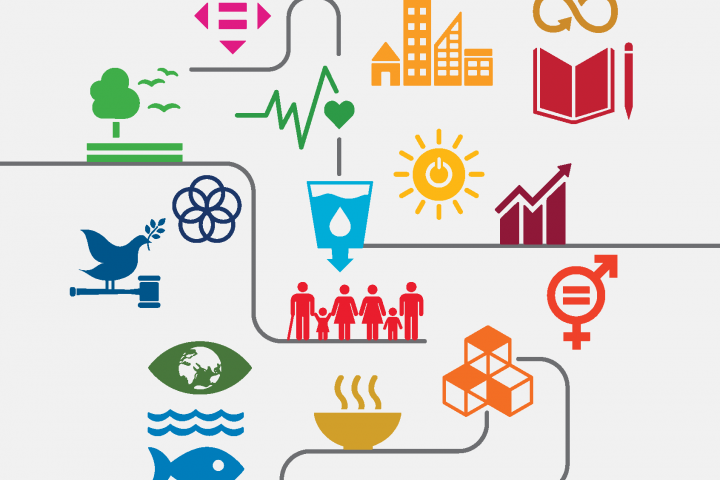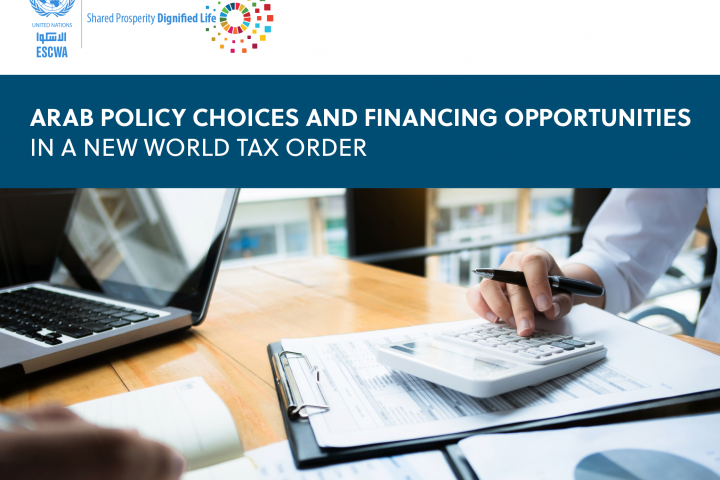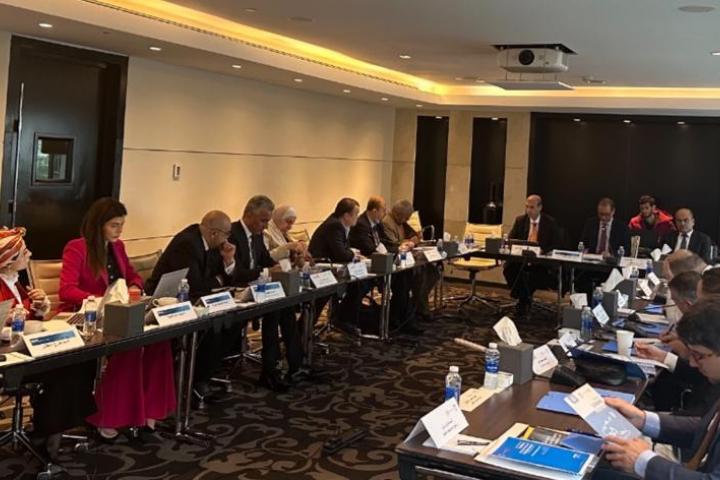Press release
19 Oct 2018
Cairo, Egypt
Regional UN meeting to address financing for development priorities in Arab countries

On 22 October, the 24th meeting of the Regional Coordination Mechanism (RCM) will welcome more than 60 participants and experts at a special session on Financing for Development (FfD) to identify ways of supporting Arab countries to develop integrated financing frameworks, and to determine common areas of interest for greater policy coordination and alignment with regional and global financial institutions.
“The economic and financial outlook for the Arab region remains turbulent,” said Mohamed Ali Alhakim, the Executive Secretary of the UN Economic and Social Commission for Western Asia (ESCWA), one of five UN regional commissions working to ensure its member States are on track to reach the 17 Sustainable Development Goals (SDGs) by 2030.
“Achieving the SDGs will require a change of mindsets, approaches and accountabilities. There is a need to rebuild economic structures, reformulate investment strategies, and identify resources to support national sustainable development plans,” he continued.
In 2015, ESCWA[1] estimated that the Arab region’s resources – domestic as well as foreign direct investments and official development assistance entering the region – were sufficient to meet the shortfall in funding development, but these resources were not effectively channeled to investment crucial for contributing to development in the region, such as developing the private sector, diversifying economies and boosting growth.[2]
Meanwhile, the cost of conflicts in the region is rising, with an estimated $752-$856 billion lost due to limited economic activity and material damages. Excessive military spending, at about 5 per cent of GDP (from 2011 through 2016), compared to the global average of about 2 per cent of GDP, risks further diverting attention away from the development financing requirements of the region.
The meeting is scheduled just weeks after the launch of the UN Secretary-General’s new Strategy for Financing the 2030 Agenda for Sustainable Development, which sets out the key elements of the role of the United Nations and actions it will take to help accelerate and deepen the transformation of financial systems to provide development finance efficiently. One of the guiding principles of this strategy is that the financing must be sustainable.
“Mobilizing sufficient financing for SDG investment is one of the key challenges countries are facing in implementing the 2030 Agenda. All resources, be they public, private, or international support, need to be tapped to meet vast investment needs. By adopting national financing strategies, countries can sequence their own actions and guide the UN and others in providing support.” said Mr. Navid Hanif, the Director of the Financing for Development Office in the UN Department of Economic and Social Affairs (DESA). He is expected to share his insights on FfD global trends and their regional implications.
The Regional Coordination Mechanism (RCM) was established pursuant to ECOSOC Resolution 1998/46 to hold "regular interagency meetings in each of the five regions (Africa, Asia-Pacific, Europe, Latin America & Caribbean and Western Asia) with a view to improving coordination among the work programmes of the organizations of the United Nations system in each region".



